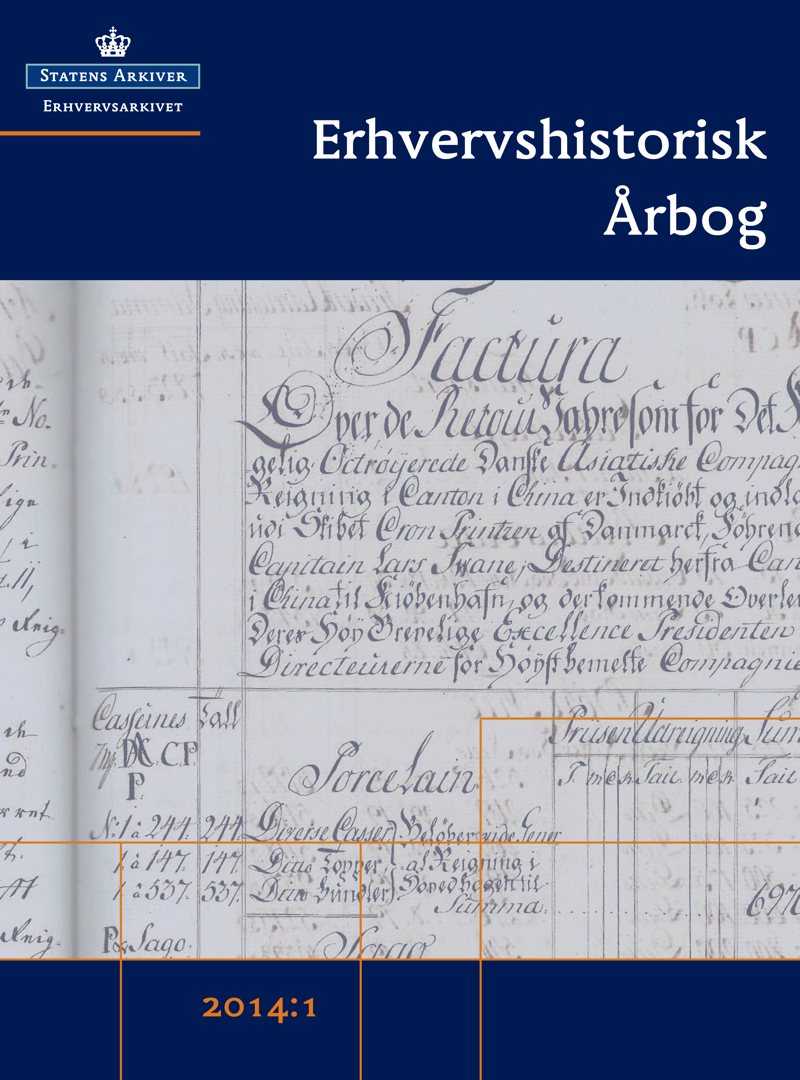When Danish industry relocates – globalisation in an everyday perspective
Resumé
When Danish companies move their production abroad, it is often verbalised as a tragedy with focus on the loss of production workplaces in Denmark. This article instead examines what explicitly happens when a company relocates. Based on a study of Royal Copenhagen’s relocation to Thailand as well as a study of a number of Danish companies’ production units in China (Grundfos, RMG Steel, MCI and Fiberline), the focus of this article is on relocation in an everyday perspective with special emphasis on communication, transfer of competencies, company culture and differences in culture.
It is concluded – inspired by actor-network theory – that relocation is a complicated process which is not concluded with the opening of a new factory. Many different actor types play significant roles in relation to the manner in which the relocation is carried out in practice; both in the short term during the actual relocation process and in the long term when the relocation has become commonplace. Among the key actor types are human actors such as cultural bridge builders, but not least material actors such as raw materials and buildings as well as immaterial actors such as ‘Danishness’ and ‘the history of the company’. The many actor types indicate, among other, that the dream of relocating becoming a simple process - providing working procedures and products are documented and described to an adequate degree - must be rejected.
This article draws inspiration from theories and research about knowledge (transfer), differences in culture, companies’ (historical) narratives and recent materiality studies. Methodically, this article is based on two interview based contemporary documentary studies.
Downloads
Citation/Eksport
Nummer
Sektion
Licens
Ophavsret til artikler publiceret i Erhvervshistorisk Årbog er fastlagt i henhold til den modelaftale, License to publish, som UBVA har offentliggjort under rubrikken Ophavsret og forskningspublicering. Indsendelse af en artikel til Erhvervshistorisk Årbog indebærer en accept af dette. Modelaftalen kan findes ved hjælp af dette link: http://www.ubva.dk/Forside





